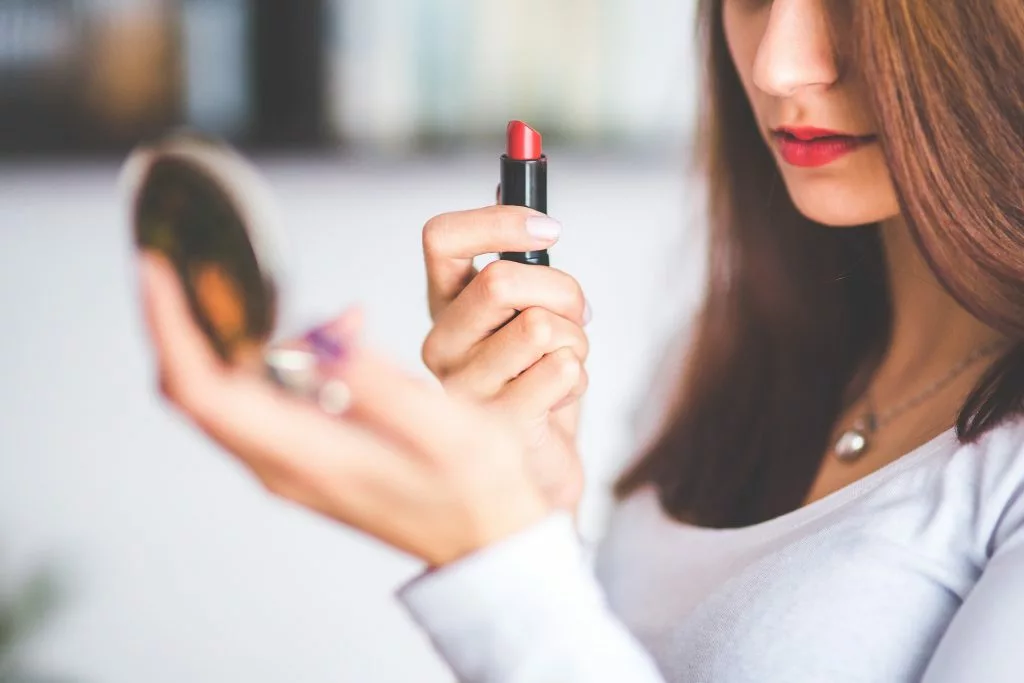
Since ingredients in cosmetic products present numerous health risks, you have to wonder: how are cosmetic companies regulated? Well, the unfortunate truth is that they really aren’t.
The Federal Food and Drug Administration (FDA) is responsible for cosmetics under the Federal Food, Drug, and Cosmetic Act (FDCA), which has not been updated since 1938. The FDCA is concerned with “adulterated” or “misbranded” products. “Adulterated” products are those that contain any poisonous, deleterious, putrid, or decomposed substances, or those that have been prepared in unsanitary conditions. “Misbranded” products are those that are false or misleading or whose label does not contain the name and place of the manufacturer and the quantity of the contents. All that sounds good, so what’s the problem?
Well, the problem is what the FDA doesn’t have any meaningful way to regulate cosmetics. For instance, ingredients in cosmetic products do not need FDA approval before going on the market. Additionally, federal law does not require cosmetic companies to register or test their products for safety. In fact, the law doesn’t even require cosmetics companies to share any safety information with the FDA. As a result, the FDA has only restricted nine cosmetic chemicals for safety reasons. That’s not many, considering cosmetics manufacturers use at least 88 chemicals that have been linked to cancer. The FDA also lacks authority to mandate a recall, as evidenced by its inability to force Claire’s to recall products that tested positive for asbestos.
So who actually watches cosmetics companies? The Cosmetic Ingredients Review (CIR), formed in the 1970s, is the main organization assessing the safety of cosmetic products. Its decisions help determine whether a product can be on the shelf and whether a product needs a warning label. But, CIR operates under the Personal Care Products Council (PCPC), which is the cosmetic industry’s leading trade group. So, the cosmetics industry oversees and funds CIR’s work. For instance, CIR’s steering committee includes PCPC’s chief executive, their vice president for science, and another trade association executive. Ultimately, the cosmetics industry oversees itself.
And, CIR’s biased work makes clear that the cosmetics industry is putting itself before consumer safety. CIR has only deemed 11 chemical ingredients “unsafe,” of the 5,000 it has reviewed. CIR has especially played a role in downplaying talc’s link to ovarian cancer, particularly in baby powder. CIR took the position, based on its “science,” that talc could not migrate to the female reproductive tract and, thus, could not be causing cancer, despite evidence to the contrary. The FDA disagreed with CIR’s evaluation of whether talc could impact the female reproductive system, but they have not addressed any other questions concerning whether talc is safe to use. Thus, CIR – and the cosmetics industry – remains the only authority on whether talc and other ingredients are safe to use in cosmetics. This leaves consumers unprotected.
If any of this is going to change, elected officials need to take a stand against the cosmetics industry. And, some officials are trying. State officials in California and Rhode Island have introduced legislation that would impose stricter regulations on the cosmetics industry. Further, California currently requires all cosmetics companies to provide the California Department of Public Health with a list of all cosmetic products that contain any ingredients linked to cancer. Federally, Senators Feinstein and Collins introduced the Personal Care Products Safety Act, which would give FDA the same power over cosmetics that it has over drugs and medical devices. Unfortunately, this bill has not gained much traction yet, leaving the United States leagues behind other countries that have taken a more active role in cosmetics regulation.
For now, it’s up to you to be vigilant about what you’re putting on your skin. For a list of toxic-free cosmetics, visit the Environmental Working Group’s database. And, if you or your family have been impacted by health problems following the use of cosmetics or other beauty products, please call our cosmetics injury attorneys for a free and confidential case evaluation at 670-527-1595. Our legal team can help you fight back against the cosmetics industry.
Blog written by Dayna Smith.

"*" indicates required fields